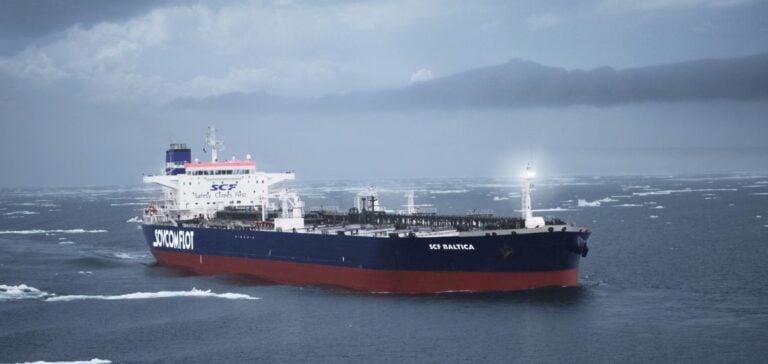Russia’s seaborne crude oil exports fell in July 2024 to their lowest level in 12 months.
According to S&P Global Commodities at Sea data, crude shipments fell by 520,000 barrels per day (b/d) to an average of 3.19 million b/d.
This reduction is attributable to lower shipments of Urals crude from Baltic and Black Sea ports.
Reduction factors
The drop in exports was due to several factors.
On the one hand, demand from Indian refineries fell, with flows to Indian ports reduced by 390,000 b/d in July, due to seasonal maintenance at several refineries.
On the other hand, exports to China fell by 22,000 b/d, reaching their lowest level since December 2022.
In Turkey, the third largest buyer of Russian crude, flows fell by 41% to 274,000 b/d.
The reduction in Russian exports comes as discounts for Urals crude have fallen.
According to Platts assessments, the Urals discount to Dated Brent shrank to $11.95/b on August 1, its lowest level since the start of the Russian-Ukrainian conflict.
Compliance with OPEC+ commitments
Moscow is striving to meet its OPEC+ production reduction commitments.
After overproducing by 480,000 b/d in the first six months of 2024, Russia is now committed to reducing production in line with its targets.
This commitment to compliance with OPEC+ coincides with a decline in seaborne crude oil exports.
Refinery takeover
In parallel with the drop in crude exports, Russia increased its exports of refined products by 6% in July, thanks to the resumption of capacity at refineries damaged by Ukrainian drone attacks.
Seaborne shipments of diesel, fuel oil, naphtha and other refined products reached 2.27 million b/d, up 6.3% on June.
Refinery recovery led to a significant reduction in shutdowns.
Despite several drone attacks in July, targeted refineries remained operational, with attacks now focused on oil depots rather than refining equipment.
Analysts at Commodity Insights are forecasting an increase in diesel and gasoil exports following the return to service of most of the damaged refineries.
Diesel and gasoil exports averaged 792,000 b/d in July, up 4% on June, but still below end-2023 levels.
Naphtha and VGO exports also rose, while gasoline exports fell in anticipation of the Russian government’s reinstatement of the gasoline export ban.
The gasoline export ban, initially suspended to stabilize domestic prices, will be reinstated in August and could last until October.
The Russian authorities are considering this measure to maintain stable prices at the pump.






















